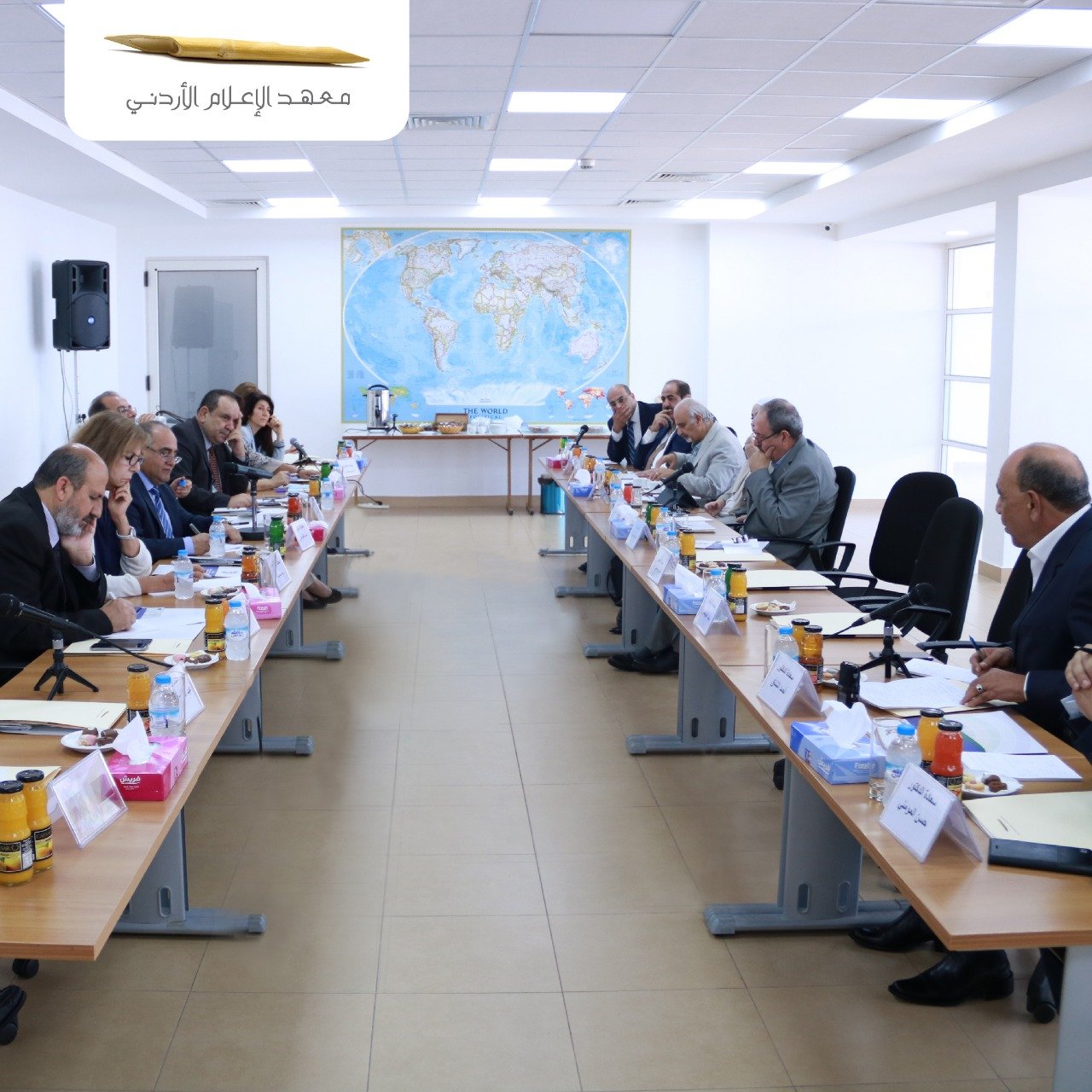
Amman | Jordan Media Institute (JMI) has organized a panel discussion titled "The Future of Political Reform in Jordan" on the occasion of 30 years passing since the democratic experience started in Jordan, hosting Lower House members, heads of political parties, decision makers, experts, and academics.
The panel discussion focused on three subjects; lessons learned in the past three decades of the democratic experience, reforming the elections law and the parliament’s performance, and reforming the political parties’ law and their role and political involvement.
Panelists at the discussion, run by Jordan Media Institute Dean Dr. Basim Tweissi, focused on the experience that Jordan gathered during the long transitional phase in the field of political reform. They also exchanged their opinions regarding regional and international conditions, discussing also the internal limitations facing the democratic transformation in Jordan.
The political transitional phase was long and witnessed many events, affected by regional chaos, the panelists agreed, noting that Jordan nonetheless was able to consolidate the presence of democratic institutions in the Kingdom during the phase, which made the infrastructure of democratic principles available.
The most important reforms include abolishing the one-vote electoral system, establishing the Independent Election Commission of Jordan and also the Constitutional Court, according to the panelists. However, in spite of these achievements, they said there are many indicators in political development and reform that have not progressed yet.
The panelists also highlighted the importance of His Majesty King Abdullah’s discussion papers, which called for paving the way for a political path that moves toward a parliamentary government and demands reform of political culture and participation, in addition to boosting the role of constitutional institutions and developing the civil society and associations.
Attendees at the panel discussion pointed out the rise in political reform indicators during the past three decades, relating it to the pressure of popular authorities, be they political parties, activists or syndicates. They also attributed the low performance in regards to political reform in Jordan mainly to the lack of a comprehensive framework that joins the aforementioned groups.
In regards to future political endeavors to reform the elections law and political parties and their participation, the attendees said there need to be legislative amendments that ensure the presence of parties in parliamentary affairs, lowering the age to run for candidacy to 25.
They also demanded to change the current unfair way of filling the vacant seats, calling for developing a procedural framework to fund political parties, making it part of the law.



